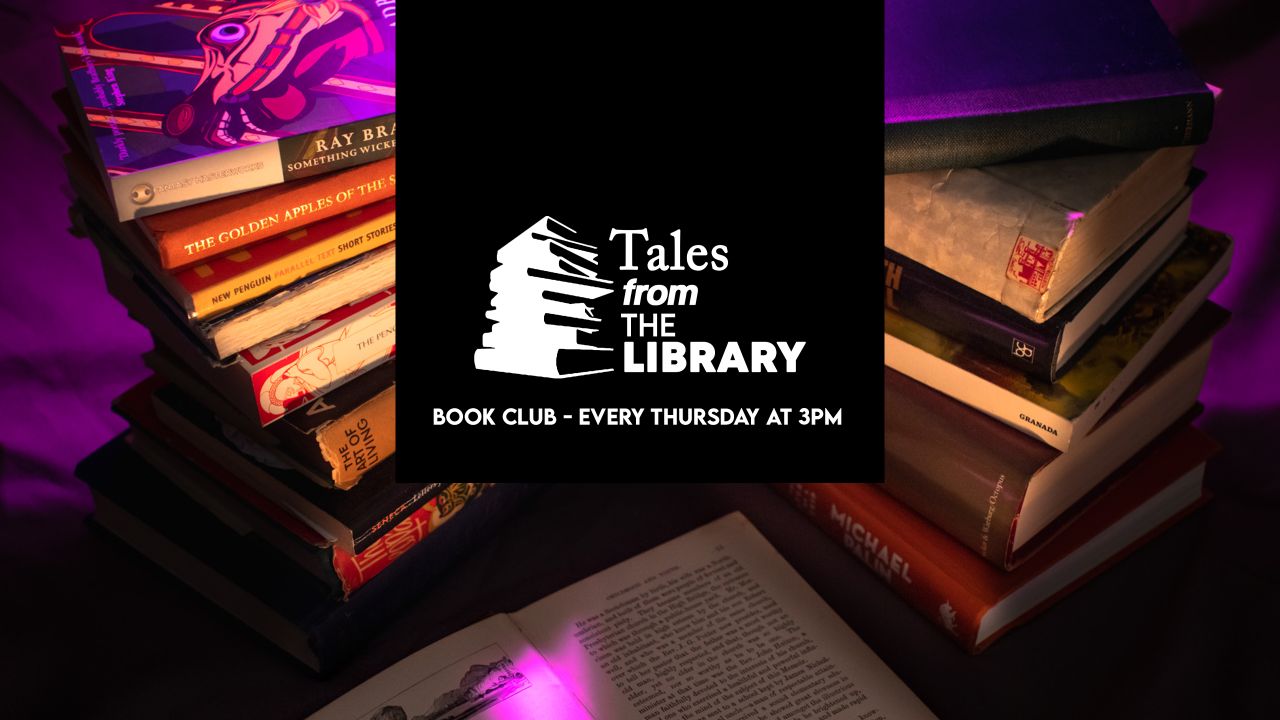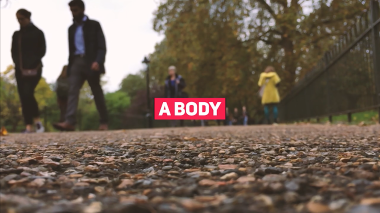Tales From The Library - The European

SIGN UP NOW - Every Thursday at 3PM
Join us for Tales From The Library: A new connect book review club in the Virtual Coffee Shop. Every Thursday at 3PM we will explore a new book and tale from various different writers. Read the book in advance or listen to our available audio recordings of the stories and then join us for a chat about the story and its deeper themes and meanings. Book recordings will be made available on the Wednesday before the Connect Group chat. Sign up below in order to take part and access the books.
BOOK LIBRARY: Check out the full library of our other books and Audio books.
The European by Hermann Hesse
This week we will be reading 'The European' by Hermann Hesse, this will conclude our three week exploration into Hesse's spiritual and more religious writings.
Read the book online Here: The European - by Hermann Hesse
You can find an alternative translation from the original German Here: The European
Here are some excerpts from an interesting essay on Hesse and his work: Find this Full article here
"Hesse's attitude to Europe, to - if I may put it this way - the European opportunity. (I must, however, point here to the detailed manner in which, most notably during the first world war and after the second world war, he attributed the decline of Europe to the failings of the old continent.) Hesse's position as a mediator between western Enlightenment and its affirmation of an extreme individualism, and an oriental relativization of the individual based on meditation - "China is superior in all beautiful, still, passive virtues" (1917) - is clearly evident in the judgement of his continent and its people. On the one hand, he launches attacks on Europe's inability to come to terms with itself. In 1917, in the middle of the world war, he writes to "European" Romain Rolland: "For me, 'Europe' is not an ideal either - for as long as people continue to kill one another, under the leadership of Europe, I remain suspicious of any attempt to divide or classify people." On the other hand, however, he had been gripped by an apocalyptic mood at a fairly early age. And, when already old, he again writes: "I sensed the mood of decline in our western world very early on," Yet this is said not with the satisfaction of the prophet but the nostalgia of he who came later.
"We are sitting on the beautiful ruins of our western culture, probably one of the final generations to do so"
[The decline of Europe is] "naturally not a matter of earthquakes or cannons or revolutions but, for each individual, the moment of saying yes to a demise of old and the rise of new emphases and ideals."
Sign up below to join
Don't have a Log In? Create a profile now




 Add to Favourites
Add to Favourites





Login to comment.